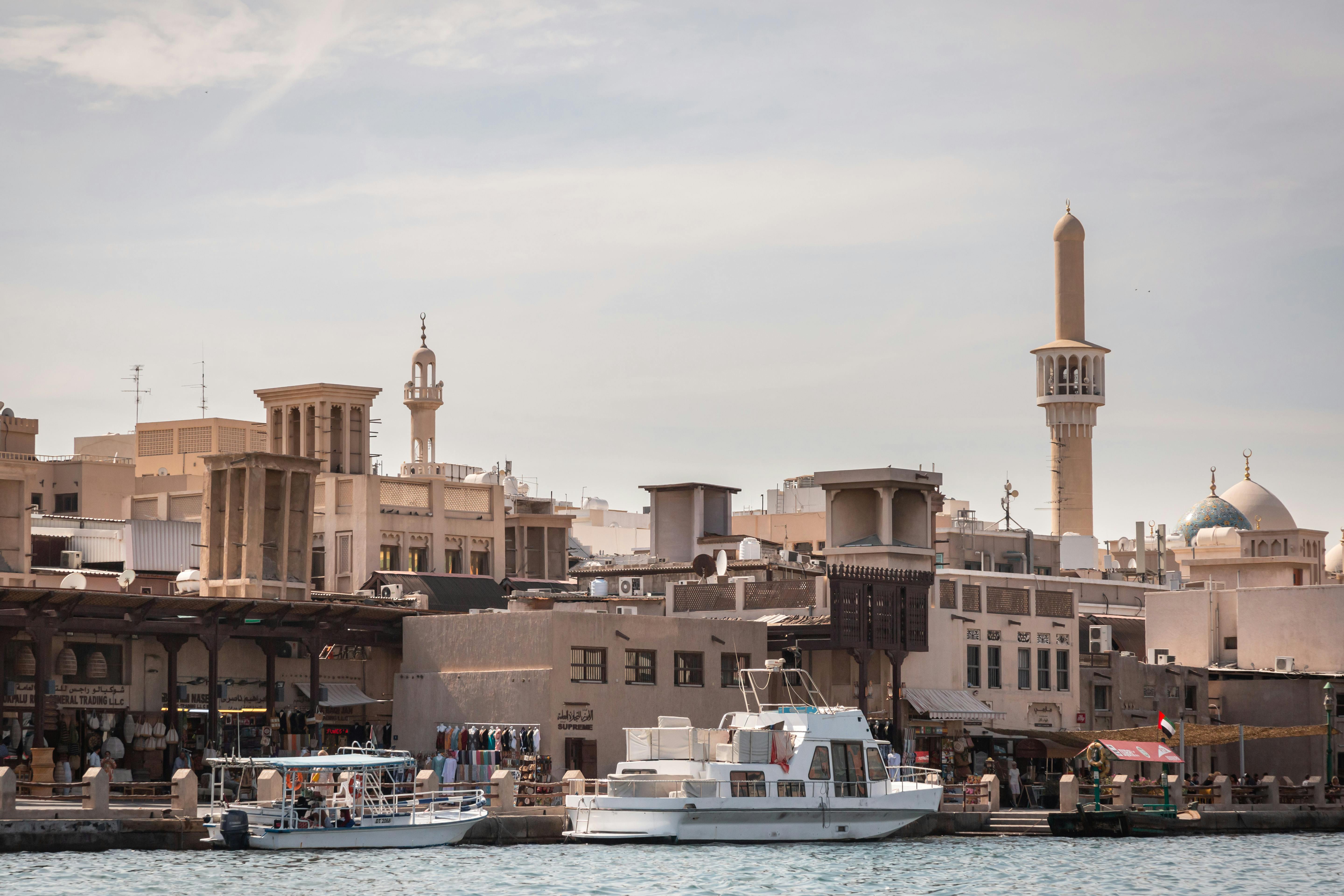
The historic move aims at ensuring that Friday sermons (khutbahs), religious lectures, and overall preaching in the UAE are devised in tandem with national values such as tolerance, moderation, and coexistence. It shows the national dream of having a unified nation with a similar religious knowledge and civic duty.
Objectives of the Initiative
The central aim of such policy is to establish a unity in religious message that can be attractive to the multicultural population of the UAE. Law enforcement feels that harmonized preaching can be used to stop misunderstandings, extremist views and support the value of legal and peaceful religious worship.
| Focus Area | Details |
|---|---|
| Friday Sermons | Official weekly khutbah texts provided to all imams across UAE |
| Training & Certification | Mandatory licensing and regular training for all mosque preachers |
| Religious Content | Review and approval of all religious content shared in public sermons |
| Language & Clarity | Sermons to be delivered in Arabic and optionally translated into English, Urdu |
| Monitoring | Regular audits by religious tees to ensure compliance |
Ensuring Unity in Diversity
Considering that the number of nationalities inhabiting the UAE is more than 200, the move is regarded as a needed measure that will lead to national cohesion without violating religious diversity. As much as the texts of the Friday sermons are centrally prepared, the imams are trained to communicate it with empathy, clarity, and a tone that does not offend the cultural sensitivity of local worshipers.
The messages are designed to target the universal Islamic values like kindness, family, honesty, and community service. They target to entertain the faithful without any political, sectarian, or divisive content.
Training and Oversight of Imams
As part of the initiative, all the preachers and imams of the mosques in the UAE will be subject to the standard religious training. This education is characterized by the proper interpretation of theology, the right skills of speaking publicly, and the perception of the modern challenges in society in the light of Islam. The Awqaf is also required to certify all preachers before they are permitted to give speeches.
The constant workshops and further-professional growth of the religious leaders will make sure that they are informed about the changing social concerns, including mental health consciousness and digital ethics and environmental responsibility - the subject that is becoming more and more widespread in the Friday sermons of the UAE.
Public and Religious Leaders' Response
The initiative has received a wide positive reaction. The attempt by the government to control unverified preaching and strengthen faith in religious institutions has been praised by many religious scholars. The consistency and relevance of the content of khutbahs in the face of modern life issues with reference to faith is also embraced by the worshippers.
This is a step forward and a prudent move that has been made, according to Dr. Khalid Al Suwaidi, an Islam scholar in Abu Dhabi. It makes Islam remain a binding force in the UAE, and it avoids division and radicalism.
Complementing Broader Religious Tolerance Goals
This project is connected with such larger national plans as to the Year of Tolerance (2019) or to the creation of the Abrahamic Family House in Abu Dhabi - a multi-faith complex that creates a platform where Muslims, Christians, and Jews can discuss their religions.
Through the unification of preaching, the UAE strengthens the world perceptions of the country that is dedicated to peace, religious tolerance and progressive governance. This is especially crucial in an area where religion interpretation may be a source of tension at times.
Conclusion
The move by the UAE to standardize mosque preaching is a very proactive and considerate move toward the creation of a spiritually related but socially diversified country. The country is an excellent example to other countries in the region by emphasizing unity, moderation, and community well-being.
Through trained imams, a consistent message and the belief of people in religious discourse, the UAE is making sure that places of worship are not only the place of religion, but also of enlightenment, peace and civic integration.















Recommended for you
Dubai International Airport has Introduced Fully Biometric Passenger Jurney to Speed up Travel
Dubai Prepares for World’s Largest Green Energy Expo – 2025
Dubai’s Real Estate Market Hits New Heights
UK Travel Advisory: Dubai Safety Amid Geopolitical Tensions
New International Brands Launching in Dubai Malls 2025
Premier Inn Dubai Al Jaddaf
Skims steps into Gulf debut: Dubai is the first luxury city for Kim Kardashian's brand
RTA Launches Autonomous Water Taxi Service
Al Maktoum Airport: Dubai’s Mega Leap in Global Aviation
Sheikh Mohammed & Sheikh Mansour Unite on UAE Vision 2025